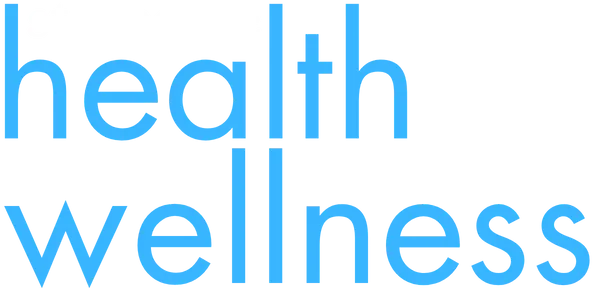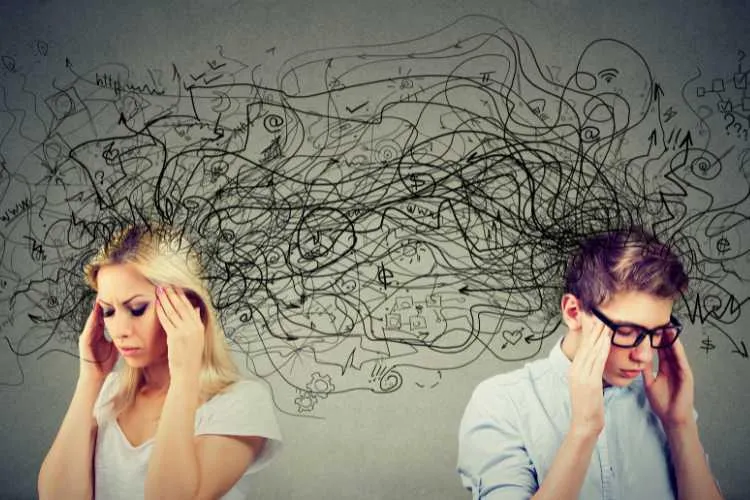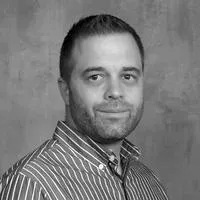

EXERCISE & FITNESS ARTICLES

Spring into Cleaning Mental Clutter
The study and practice of addiction counseling and recreation therapy have helped me better understand certain aspects of human behavior, including the negative impact mental clutter has on our health and wellness. Mental clutter refers to the excessive or overwhelming thoughts, worries, or concerns that can fill our minds and make it difficult to focus, make decisions, or feel at peace. Since the vernal equinox happens to be upon us and many are itching to spring into cleaning and tidying up, perhaps we could also spend a little time organizing our inner space and clearing out psychological clutter.
Time Poverty
One major contributor to mind clutter is the ever increasing speed of technology and how it is accelerating our perception of time. Time poverty, as it’s been coined, means that we can’t ever catch up or find enough time in a day for all we have going on. As a result, millions of Americans are overscheduled, overloaded, and overwhelmed.
The following are some recommendations for springing into action this season and clearing out time for our minds.
Set Aside Time to Think and Ponder
Phil Jackson, who coached the Chicago Bulls and the Los Angeles Lakers to eleven NBA Championships, said, “When the mind is allowed to relax, inspiration will follow.” Because life is demanding, we often become focused on moving from one activity to another. However, experts prescribe one hour of think-time every day to process what is going on around us. Time to think is invaluable in helping us organize our ideas and take action on the most essential things.
Build In Buffers
Just as we are instructed to do when driving in heavy traffic, we need to create buffers between us and what is in front of us. This way, we can react appropriately to the unexpected. Consider adding an extra bit of time, some call it a fudge ratio, in between your daily tasks to account for unknown surprises.
Limit Screen Time
TVs, tablets, computers, and phones can fill our heads with so much useless noise and clutter. It’s important to make a conscious effort to disconnect frequently, especially in the evening hours before bed.
Calendar Purposeful Leisure
True leisure involves so much more than just “escaping obligation” and “not working.” According to Aristotle and Plato, leisure is an ideal state of being devoted primarily to contemplation, discourse, and self-expression. When we engage in leisure that requires deeper intention and creativity, the result is joy and rejuvenation.
Prioritize Your Physical Health
The mind-body connection is real. Giving your body healthy attention is directly connected to being clear-headed and emotionally stable. A healthier you is a happier you. Learn how to flush out stress, depression, anxiety, and more just by staying active and eating and sleeping well.
Clean Up Your Actual Clutter
Real environmental clutter can affect our anxiety levels, sleep, and ability to focus. It can also make us less productive, triggering coping and avoidance strategies that make us more likely to snack on junk food and veg out on media (including watching flix about other people decluttering their lives).
Use To-Do Lists, but Tend and Tame Them
When you feel overwhelmed, to-do lists can help by consolidating scattered thoughts and tasks. For many, once it makes a to-do list, it no longer takes up worry space. It’s important, however, to keep lists organized, prioritized, and refreshed daily and to avoid being overzealous by adding too much.
Rethink Your Thinking
Those voices in our heads that are often judgmental and not so positive are junk. Pay close attention when these unwanted thoughts spark and learn to train your mind to dispose of them. Be kinder and more compassionate with yourself and others, and avoid rumination and overthinking, as they breed close mindedness and pessimism.
Additional Good Reads on Decluttering Our Lives and Our Minds
Essentialism: The Disciplined Pursuit of Less by Greg McKeown
Effortless: Make It Easier to Do What Matters Most by Greg McKeown
Goodbye, Things: The New Japanese Minimalism by Fumio Sasaki and Eriko Sugita
